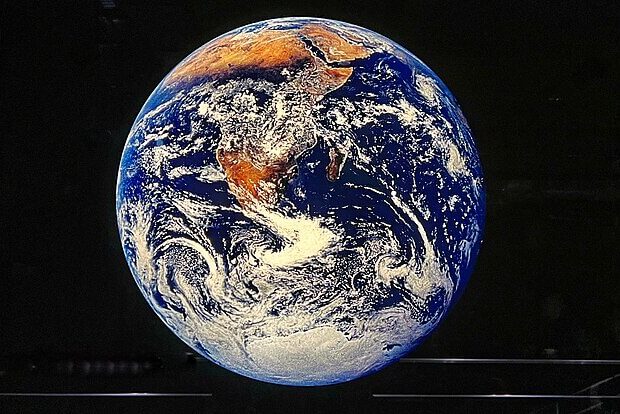
A recent study unveiled a distressing reality – global temperatures are escalating at an increasingly rapid pace, despite assurances from world leaders to combat climate change.
This report was disclosed during a preliminary meeting in preparation for the 2023 United Nations Climate Change Conference scheduled in the United Arab Emirates later this year. It divulged that global warming has shown an alarming acceleration in recent years, even though there have been political commitments to limit the temperature rise to 1.5 degrees Celsius (2.7 degrees Fahrenheit) above pre-industrial levels.
In the decade spanning 2010 to 2019, global temperatures rose by an average of 1.07 degrees Celsius (1.93 degrees Fahrenheit). However, the subsequent decade from 2013 to 2022 experienced a more significant increase, with temperatures rising by an average of 1.14 degrees Celsius (2.05 degrees Fahrenheit).
This reveals an acceleration of human-induced climate change, progressing at a startling rate of over 0.2 degrees Celsius per decade. The primary culprit behind this escalating crisis remains the continuously rising levels of human-made greenhouse gas emissions.
Back in 2015, during the United Nations Climate Change Conference in Paris, leaders from 195 nations collectively pledged to strive towards limiting global warming to 1.5 degrees Celsius above preindustrial levels. Nevertheless, the study found that emissions of critical greenhouse gases have reached “all-time high” levels, suggesting that the set objectives have not been achieved.
Over the last decade, humanity has been releasing a staggering 54 gigatonnes of carbon dioxide annually into the Earth’s atmosphere through diverse industrial activities. Regrettably, the failure to rein in these emissions means that only approximately 250 more gigatonnes of carbon dioxide can be released before global warming surpasses the critical 1.5 degrees Celsius limit.
Comparatively, in a previous assessment conducted in 2020, researchers estimated that humankind still had more than 500 gigatonnes of carbon dioxide left before reaching this threshold. This alarming disparity indicates that without significant and immediate changes, the world’s carbon budget will be exhausted in less than five years.
“Even though we are not yet at 1.5 degrees C warming, the carbon budget will likely be exhausted in only a few years as we have a triple whammy of heating from very high carbon dioxide emissions, heating from increases in other greenhouse gas emissions and heating from reductions in pollution,” Professor Piers Forster, Director of the Priestley Centre for Climate Futures at Leeds University and one of the authors of the study said in a statement. “If we don’t want to see the 1.5 degrees C goal disappearing in our rearview mirror, the world must work much harder and urgently at bringing emissions down.”
The consequences of inaction are dire, as the study categorises the findings as a “wake-up call.” With each incremental rise in average global temperatures, the world is poised to experience more frequent and severe weather catastrophes such as droughts, floods, and tropical storms. The urgency of the situation cannot be overstated; immediate and decisive actions are required to avert an irreversible course of climate devastation.
“It is critical that policy makers and the general public be made aware of how quickly we are changing the climate through our collective activities,” Professor Peter Thorne, Director of ICARUS Climate Research Centre at Maynooth University and co-author of the research, said in the statement. “Already since the IPCC assessment of the physical science basis in 2021, key numbers have changed markedly and we remain well off track globally to avert warming above 1.5 degrees.”
——————————————————————————
At Natural World Fund, we are passionate about stopping the decline in our wildlife.
The declines in our wildlife is shocking and frightening. Without much more support, many of the animals we know and love will continue in their declines towards extinction.
When you help to restore a patch of degraded land through rewilding to forests, meadows, or wetlands, you have a massive impact on the biodiversity at a local level. You give animals a home and food that they otherwise would not have had, and it has a positive snowball effect for the food chain.
We are convinced that this is much better for the UK than growing lots of fast-growing coniferous trees, solely to remove carbon, that don’t actually help our animals to thrive.
This is why we stand for restoring nature in the UK through responsible rewilding. For us, it is the right thing to do. Let’s do what’s right for nature!
Donate today at https://naturalworldfund.com/ and join in the solution!

